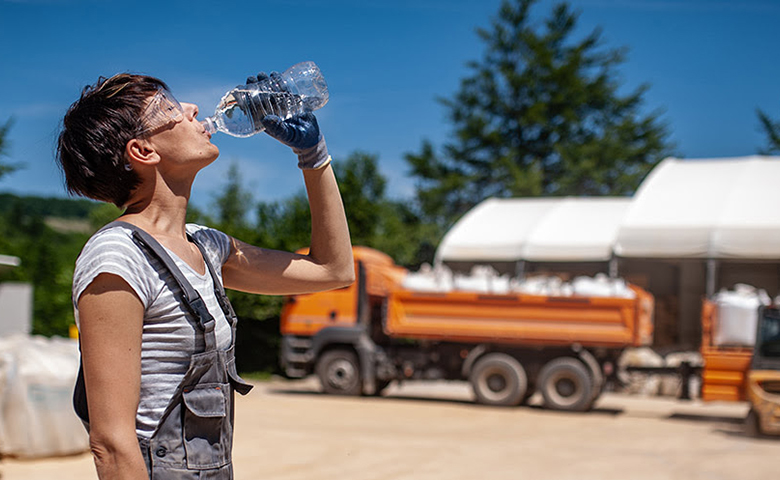Approximately 2 in 3 adults plan to take a summer vacation this year. While their time away from work is their own time, if a disaster were to strike while they were on vacation, the ripple effect would reach the workplace and have consequences for more than just the person on vacation.
Employees’ lives matter both at work and away from work so it’s important to provide them with safety resources that apply outside the workplace. SafeStart has great personal safety resources for the two-thirds of people who plan to take time away from work this summer. These resources will help ensure they return to work safely after their time off.
OSHA is beginning the rulemaking process to consider a heat-specific workplace standard to prevent and reduce the number of occupational injuries, illnesses, and fatalities caused by exposure to hazardous heat. According to the CDC, an average of 702 heat-related deaths occur each year with 67,512 emergency department visits and an average of 9,235 people hospitalized due to heat. This may seem like an obvious risk but those numbers indicate that not enough is being done for prevention in the workplace.
But it’s often the less obvious risks that require the most attention. Sometimes an individual worker will leave early to go and do something fun. After they leave, their colleagues at work are left feeling a little jealous or frustrated—and often they have to work in a rush in order to pick up the extra slack. According to the Bureau of Labor Statistics, there could be even fewer staff this summer due to the decreased employment levels since the pandemic, which could exacerbate any staff shortages caused by vacations.
These human factors can go into overdrive when a segment of the workforce takes time off for summer vacations. And even though human factors like resentment, rushing, frustration and fatigue can be quite obvious when you’re experiencing them, the consequences of working in that state of mind are often overlooked until an incident occurs. Employees can receive human factors training to help prevent those states of mind from affecting them in the workplace—and our free Summer Safety at Work resource can help.

